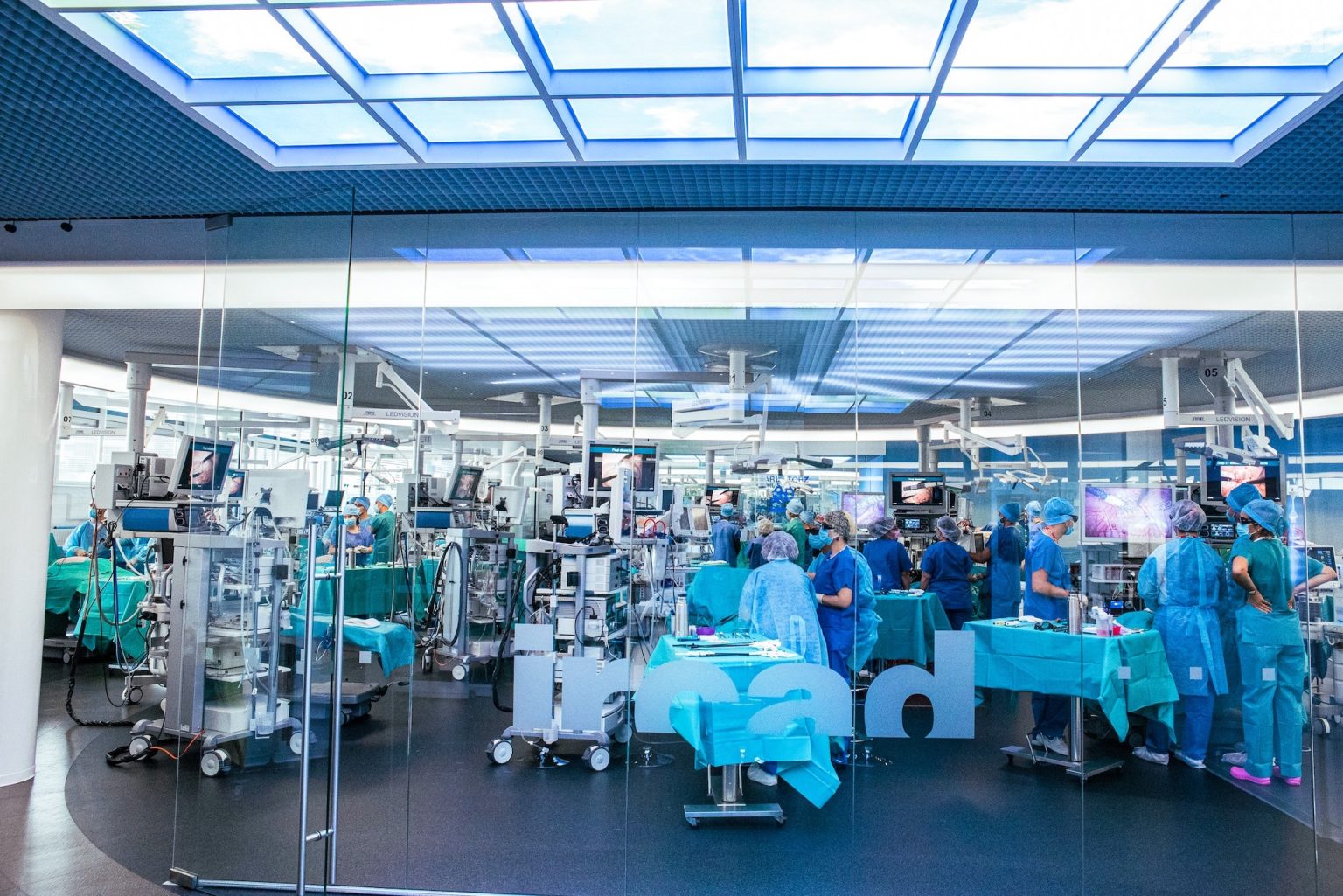Skull base 360-Degree – The full spectrum Micro-Endo-Radiosurgery
Radiosurgery, microscopic and endoscopic approaches
Join our 5-day course dedicated to radiosurgery, microscopic and endoscopic approaches to the skull base.
It has been structured to provide didactic lectures and surgical video demonstrations all broadcasted on a 3D screen, and over 27 hours of hands-on practice on cadavers including dissection sessions covering a broad spectrum of open keyhole, endoscopic, assisted endonasal and combined approaches.
A panel of world-renowned leaders in this field of expertise will deliver lectures focusing on skull base anatomy, transcranial, endoscopic-assisted and endoscopic endonasal approaches as well as therapeutic strategies for skull base lesions.
Course dates
Course status
- Available
- Waiting list
- Full
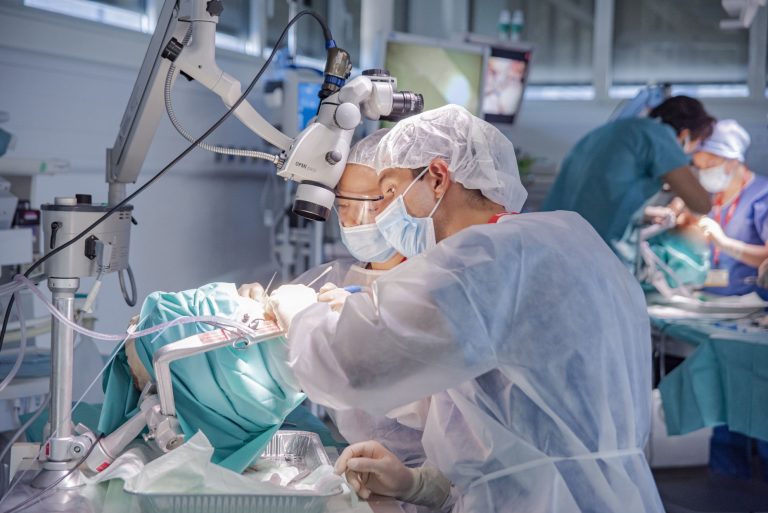
Practical sessions on anatomical specimens
-
No more courses for this period
- Theoretical sessions
- Hands-on sessions on anatomical specimens
- Coffee breaks and lunches at IRCAD
- One cheese and wine cocktail at IRCAD
- One evening dinner at Brasserie Les Haras
- Lunch at IRCAD
No accommodation, no social programme and no entertainment included in the registration fees for participants
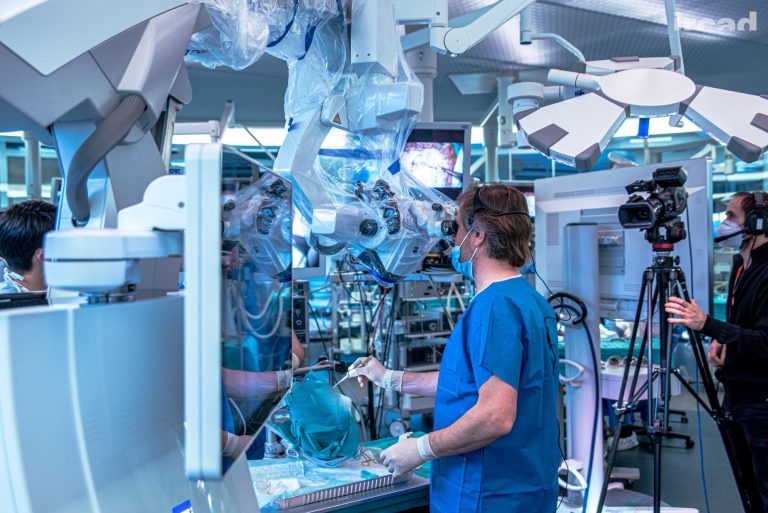
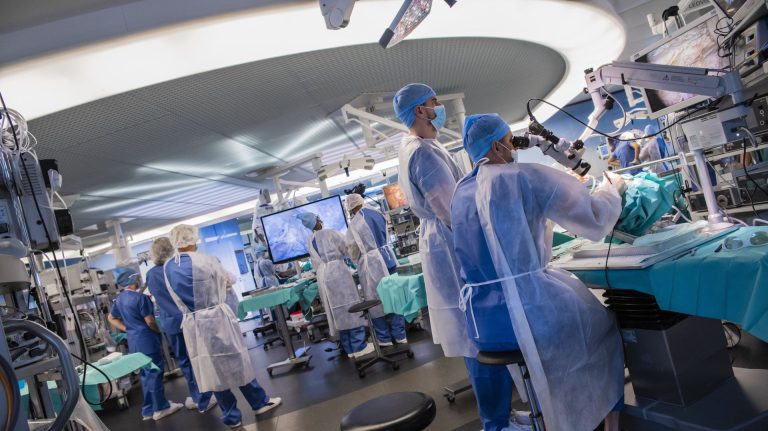
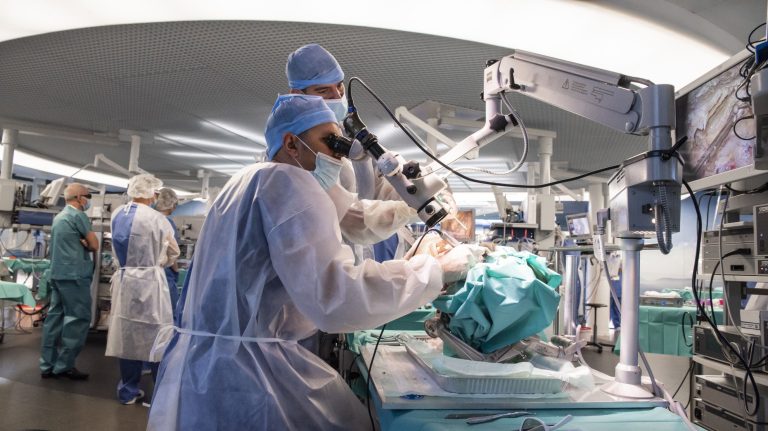
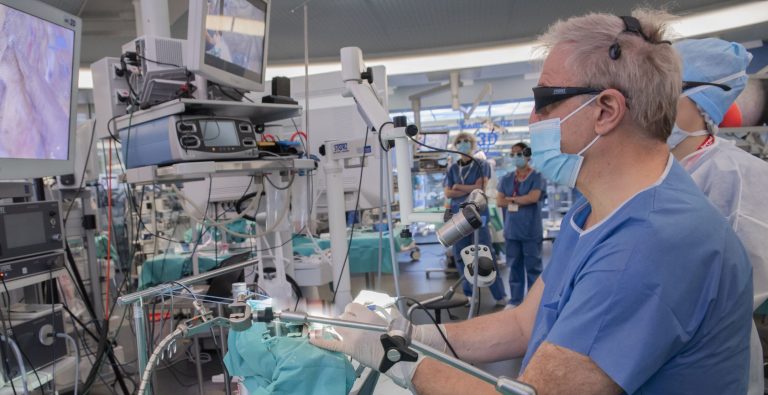
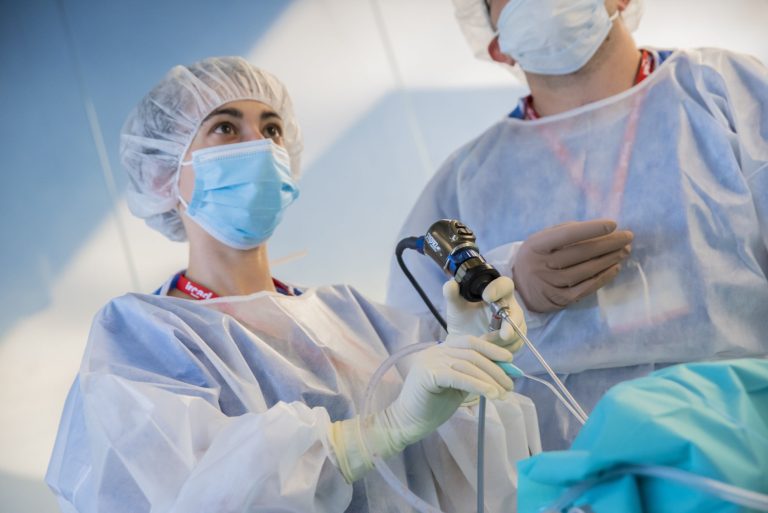
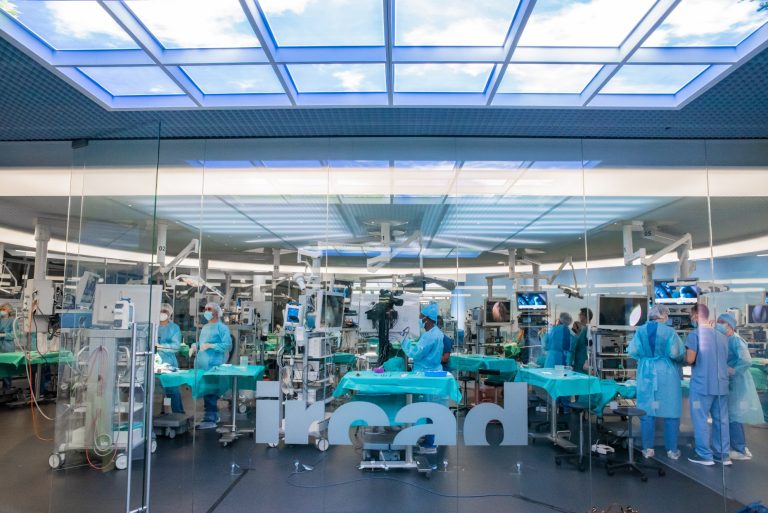
Course directors
Sebastien Froelich (FR)
Christian Debry (FR)
Faculty panel
Course objectives
4-DAY SKULL BASE SURGERY SESSION
- To provide an overview of the complex anatomy of the skull base
- To cover a broad spectrum of the skull base approaches and describe the technical steps of each specific approach
- To discuss indications of skull base approaches and surgical strategies
- To provide hands-on sessions on cadaveric specimens and improve skills
- To become more familiar with endoscopic endonasal approaches
- To understand the rationale and challenge of endoscopic endonasal approaches to the skull base
- To allow case discussions between experts and trainees
- To provide an overview of the newest radiation technology for skull base lesions
- To provide radiation strategies for skull base lesions
- To provide indications of radiations
- To allow practical sessions on radio planning
Target audience
Practicing neurosurgeons and ENT specialists, fellows and residents in training.
Educational methods
- Interactive theoretical and video sessions between faculty and course participants
- Practical training on anatomical specimens
- Charge-free access to educational video resources available on WebSurg, the online university of the IRCAD
Cancellation policy
Live the IRCAD experience to the fullest
The courses are organized in such a way that participants are fully immersed in the heart of the Institute, from start to finish.
One day at IRCADYour course by day, the comfort and luxury in Les Haras Hotel **** by night
A place with a unique design, inspired by history and the universe of horses… Les Haras Hotel**** honors leather and wood to take its guests on a journey through time.
The Haras Brasserie offers a modern and friendly cuisine. The great classics of French cuisine are celebrated there, alongside signature dishes from Alsace or inspirations from the world over.
Testimonials
The condition of the lab and the material are excellent! Never seen before. The teaching is excellent too. Thanks to all!
from Germany
Thank you for the amazing organisation and the opportunity to come.
from Belgium
Very useful tips and tricks on surgical techniques for endonasal skull base surgery!
from Ukrain
Everything went well, organisation, sessions, a high quality! I learnt a lot!
from Germany
Very good experience in the endoscopy, I learnt a lot.
from Germany
Best course I have ever visited
from Finland
Wonderful time. A lot of time to dissect. I would recommend this course.
from Germany
B. Babic (DE)
I. Broeders (NL)
Y.K. Chao (TW)
B. Dallemagne (BE)
H. Fuchs (DE)
K. Fuchs (DE)
W.J. Hyung (KR)
S. Perretta (IT)
J.P. Ruurda (NL)
R. Van Hillegersberg (NL)
